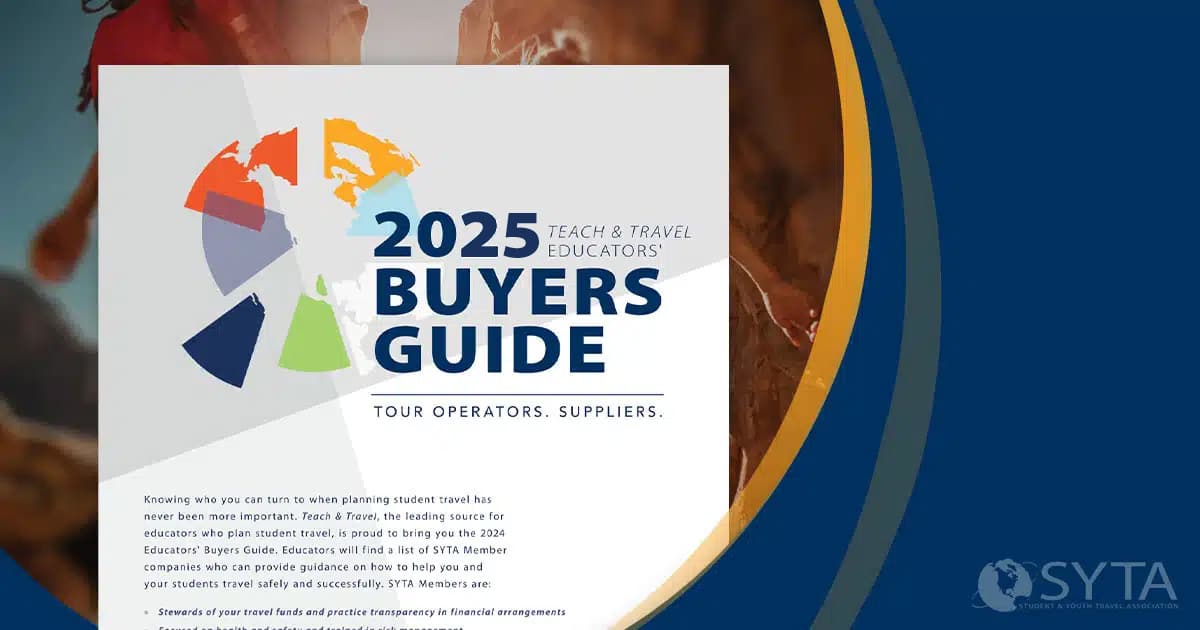The start of school can be intimidating for students and educators alike, especially with tons of new teachers entering the classroom for the first time this year.
The first day also means your first impression with students—your first opportunity to start forming relationships and show students how you manage the classroom. Chances are, you want to be seen as welcoming, approachable, and excited to teach. But you also want to be in control of your classroom, treated with respect by students.
Doing all that on the first day isn’t easy, but it is possible with experience and care. So whether you’re a brand-new teacher or an experienced veteran, here are some ideas on how to get the schoolyear started.
Greet students and introduce yourself. This doesn’t need to be every day for the rest of the schoolyear, but standing near the door and greeting each student on the first day shows your intentionality, helps students feel part of the class, and immediately establishes a personal relationship. Then, when class starts, you can take a moment to tell them a bit about yourself, opening the door for students to feel comfortable talking about themselves.
Set your classroom rules and expectations. This is the big one. Simply reading through a syllabus or list of rules isn’t nearly enough to show students how your classroom works, especially if they’re on the younger end. Establish how you expect students to treat each other and you while in your classroom, along with any unique tricks like “attention getters”—while most useful with younger grades, establish some signal that says students need to quiet down and pay attention to you, whether it’s a clapping rhythm, a toy that makes noise, or something else.
Similarly, you want to establish any daily/weekly/monthly patterns that help students know what to expect. For instance, will they be writing a journal weekly? Start with a quick writing assignment along those lines.
Have an ongoing activity for the week. As your start your schoolyear, and maybe even your teaching career, you’ll likely have unexpected things that need your attention, along with free-time that just comes from not having your routines in place yet. Develop a project, even if it’s just a “Get to Know Me” booklet for students, that they can work on whenever you don’t have other lessons or activities to do.
Practice technology ahead of time. It may seem obvious, but it’s also easy to forget. Your school will have its own platforms, login procedures, software licenses, etc. and you don’t want to be stuck floundering during prep period, or in front of students.
Help students learn about each other. Teachers are divided on the ice-breaker concept, since kicking off with one can lead to an immediate lack of control over the classroom, and you don’t want to be flicking the lights on and off to get students’ attention on the first day. That said, the best icebreakers tend to involve student introspection, such as mapping out special moments in their lives, having students contribute to a collaborative playlist (while explaining their choices), or even having them write out a short list of goals, which you can then bring together to create a shared list of goals for the classroom. In other words: Let students express themselves!
Teach on the first day. As much as students love a first day that’s just going over the curriculum, it’s best to start learning day one so you’re not essentially starting from scratch on day two. Don’t start with a one-hour lecture, but at least give a taste of what’s to come in the semester ahead.
Watch and learn. You are, hopefully, surrounded by passionate teachers with years of experience. Use that! Go to your colleagues and ask them for advice, identify a mentor if you can, and steal their good ideas.
Written by Josh Veal, staff writer for Teach & Travel.





